The Prison Service has launched an urgent investigation after a major security breach at one of the country’s high-profile jails.
Wardens found two mobile phones inside Belmarsh prison’s High Dependency Unit – which holds some of the country’s most dangerous criminals and terrorists.
Described as ‘a prison within a prison’, the HDU holds the majority of the UK’s terror suspects, where the internet ready iPhones were discovered over a period of two weeks last month.
It is the first time that mobile phones have been discovered in the unit, which consists of 48 single cells, with a dozen of these being used to house Britain’s most dangerous criminals.
Past inmates in the HSU included feared gangster Colin Gunn, serving 35-years for drugs and conspiracy to murder and Michael Adebolajo, then 28, one of the killers of Fusilier Rigby, in May 2013.
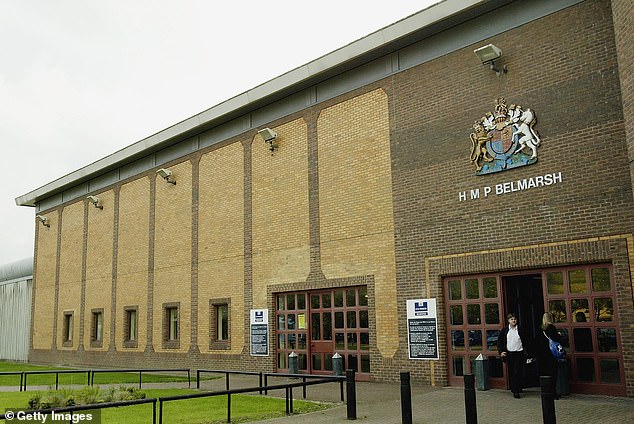
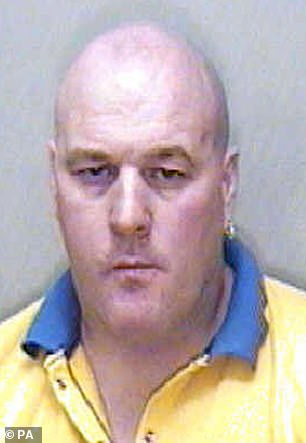
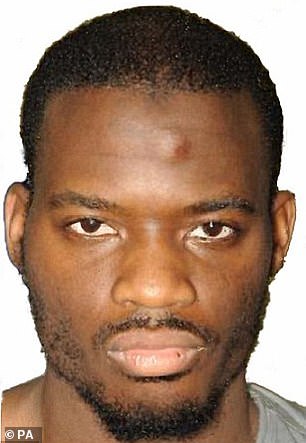
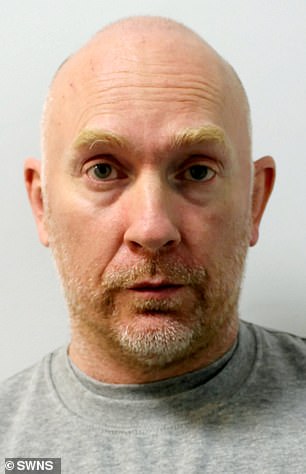

In more recent times, Metropolitan Police constable Wayne Couzens, who kidnapped, raped and strangled Sarah Everard, 33, in 2021, was held in one of the 12 super secure cells for his own protection. Couzens, then 48, was given a whole-life sentence.
The 12 highest security cells are collectively known as Special Secure Unit (SSU) for ‘exceptional risk’ prisoners. Hook-handed hate preacher Abu Hamza was held in the SSU before being deported to a US jail.
A source said: ‘The HSU has the highest security status as it holds the worst-of-the-worst criminals, who are isolated from the main prison population because they present a constant danger.
‘The very worst scenario is for these inmates to have access to the outside world where they will be free to continue with their criminal behaviour. Some of the biggest crime bosses in the country are held in the unit.’
A second source said: ‘The prison bosses want to know how the iPhones were smuggled in and who they were intended for.
‘The phones will be forensically examined to find out who has been rung or what has been accessed.’
The source added: ‘This is the first time that the formidable security around the HSU has been breached like this.’
The first hi-tech device was found by officers who conducted a search in a high security prisoner’s single cell.
The inmate – who has not been named – has put on report pending further forensic investigations of the phone.
A few days later warders doing a regular security sweep discovered an iPhone squashed into a bag of sugar.
It was found on one of the HSU’s landings – which some inmates can access to make tea and coffee. The iPhones are worth a fortune inside the HSU – between £10,000-£20,000 each.
The probe will focus on finding out how the devices were smuggled into the windowless concrete unit.
Security includes x-ray machines, numerous CCTV cameras and at least five locked doors before getting inside.
Visitors and prison officers must go through the same searches before they enter.
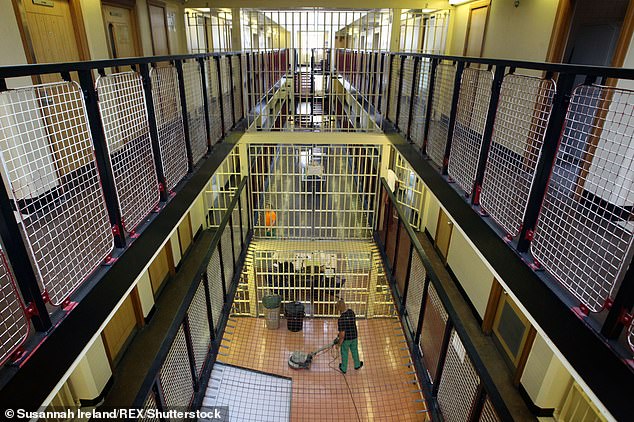
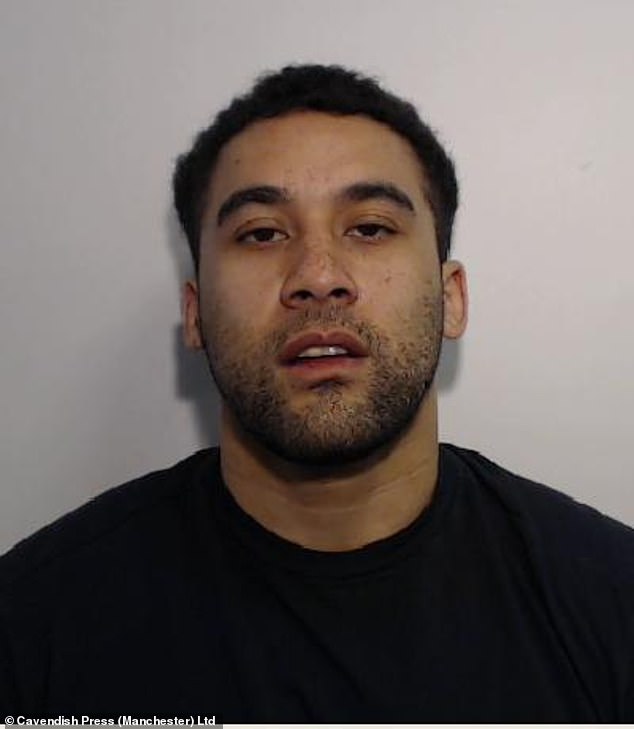
One of the main concerns will be high profile crime bosses behind bars being able to use the iPhones to direct their Organised Crime Groups (OCG) in illegal activity on the streets.
In June 2018, MailOnline reported how gangland Mr Big Darren Dunn, 35, masterminded a smuggling racket from his prison cell during which he got drugs flown into jail – by remote controlled drones.
Dunn was serving a stretch for ‘public protection’ yet used a contraband iPhone to organise flights from outside the walls at the Category B Forest Bank jail in Salford, Greater Manchester.
He successfully smuggled cocaine and the ‘zombie drug’ Spice into the prison, which was distributed to prisoners.
In 2022, a study by the Multi-Agency Response to Serious and Organised Crime (Marsoc), revealed that one in five of the organised criminal groups (OCGs) in England and Wales is run from inside prisons.
It stated that mobile phones are the most commonly used communications tool for incarcerated criminals.
A senior source said at the time: ‘The scale of the challenge is huge –mobile phone use is still a problem across prisons and we can see the effects of the contact from within prison to the gangs on the outside.’
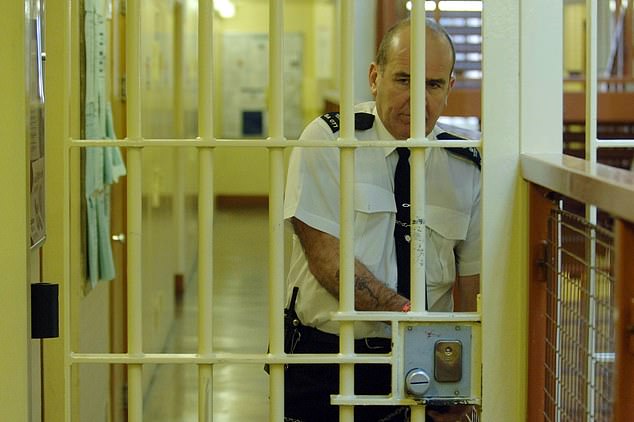
The unit – which includes the police, prison service and National Crime Agency (NCA) – was set up in 2020 to ‘jointly disrupt’ gangland activity.
John Podmore, former governor at Category-A Belmarsh Prison in South-East London, told MailOnline: ‘It shows the level of the problem.
‘The role of the prison service is also about stopping crime being committed in prison – but putting them behind bars is not doing that. Serious and organised crime is seriously and well organised in prison.
‘You not only have to proactively stop prisoners escaping, you’ve got to stop them operating inside and the gang culture.’
He added: ‘The police often don’t respond to crimes in prison – they argue they’ve got enough to deal with outside.’
A Prison Service spokeswoman said: ‘An investigation is currently underway and it would be inappropriate to comment further at this stage’.
This post was originally published on this site be sure to check out more of their content.








